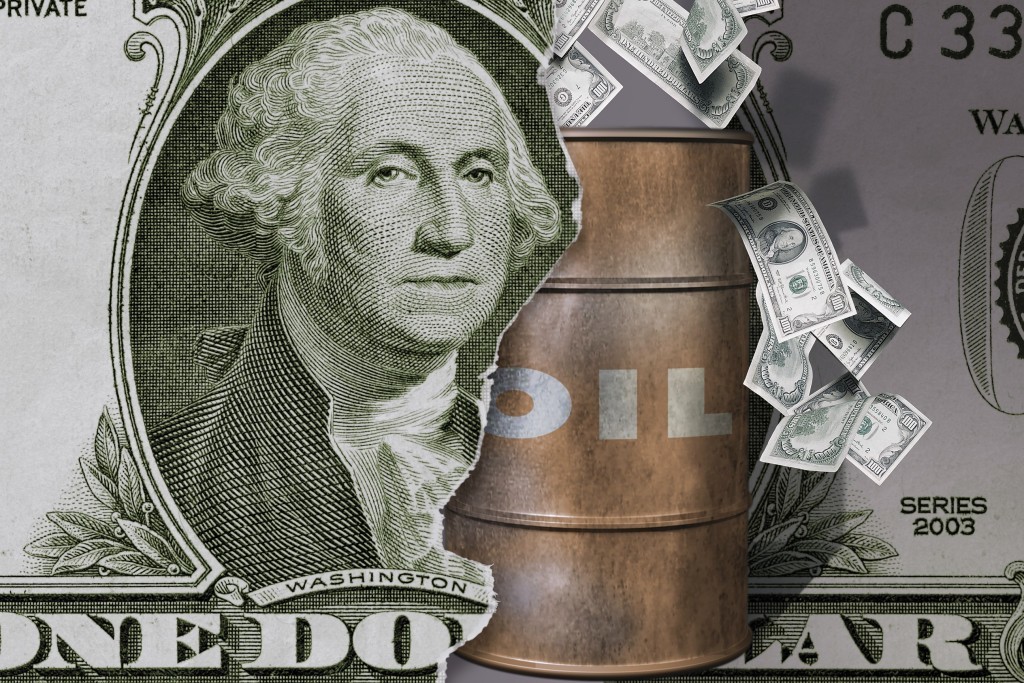
Oil climbed from the highest close in two years as an anti-graft probe in Saudi Arabia was seen to consolidate power in the hands of Crown Prince Mohammed bin Salman, who’s backed OPEC-led output cuts.
Futures rose as much as 0.7 percent in New York, gaining for a third session. Saudi Arabia’s King Salman ordered the purge of royals and top officials in the world’s biggest crude exporter, including a member of the royal council overseeing the state oil company and one of its directors. In the U.S., the rig count dropped to the lowest level since May, according to Baker Hughes.
The crown prince “has already been outspoken in his support for an extension to the current OPEC cuts,” said Edward Bell, an analyst at Emirates Nbd Bank Pjsc. “As one of the world’s largest producers and exporters undergoes a transformation of its economy, some uncertainty and political risk is bound to be encountered along the way, which would be supportive for prices.”
Oil has risen for four straight weeks on signs that global inventories are shrinking and the Organization of Petroleum Exporting Countries and allied producers will extend their glut-reduction accord beyond its March expiry. Saudi Arabia, Iraq and Kuwait — which together pump more than 50 percent of OPEC’s crude — signaled firm support for an extension.
West Texas Intermediate for December delivery advanced as much as 36 cents to $56 a barrel on the New York Mercantile Exchange and was trading at $55.86 as of 2 p.m. in Hong Kong. Total volume traded was about 12 percent above the 100-day average. Prices on Friday added 2 percent to settle at $55.64, the highest since July 2015.
Brent for January settlement added as much as 37 cents, or 0.6 percent, at $62.44 a barrel on the London-based ICE Futures Europe exchange. Prices increased 2.4 percent to $62.07 on Friday, the highest close since July 2015. The global benchmark crude traded at a premium of $6.31 to January WTI.
Security forces arrested 11 princes, four ministers and dozens of former ministers and prominent businessmen, according to Saudi media and a senior official who spoke on condition of anonymity.
“Anything to do with Saudi Arabia is a bit unsettling for the oil market, but there’s no indication at this stage of any issues that may lead to a supply disruption,” said Ric Spooner, an analyst at CMC Markets in Sydney. “Oil is continuing to probe for a level that will attract new short-term production, particularly from U.S. shale, and we haven’t yet seen evidence of that.”
Oil-market news:
U.S. rigs targeting crude dropped by eight to 729 last week, according to data Friday from Baker Hughes. Hedge funds raised their Brent net-long position — the difference between bets on a price increase and wagers on a drop — by 4.6 percent in the week ended Oct. 31, according to data from ICE Futures Europe. Venezuela’s sudden demand to renegotiate its billions in debt could complicate life for its two biggest oil patrons, China and Russia.
Recommended for you
